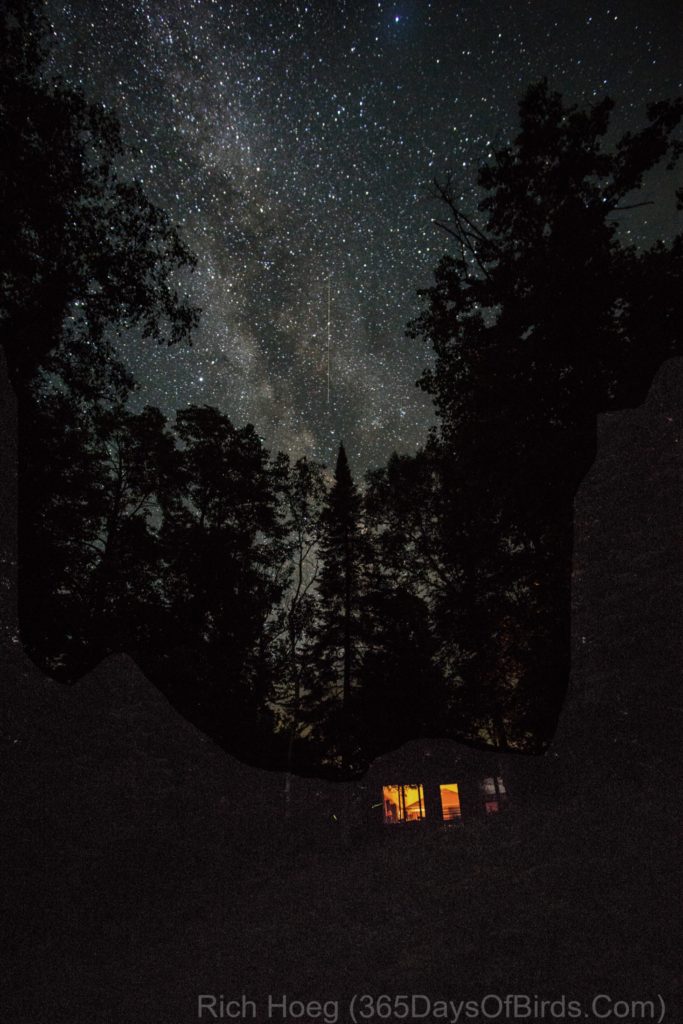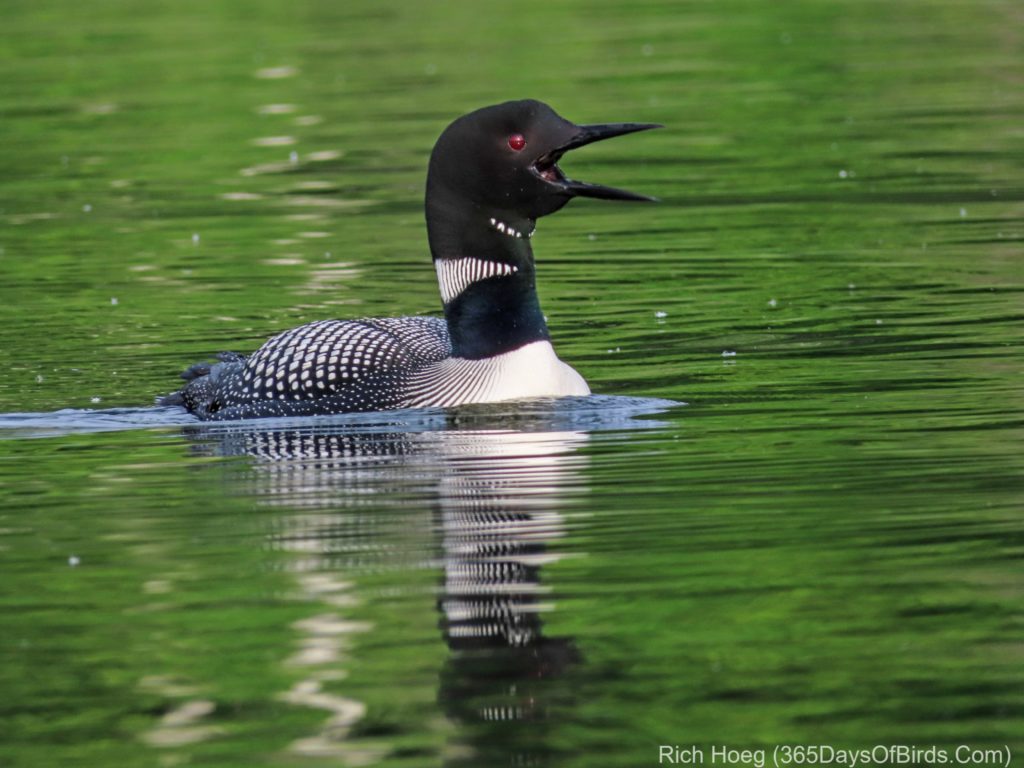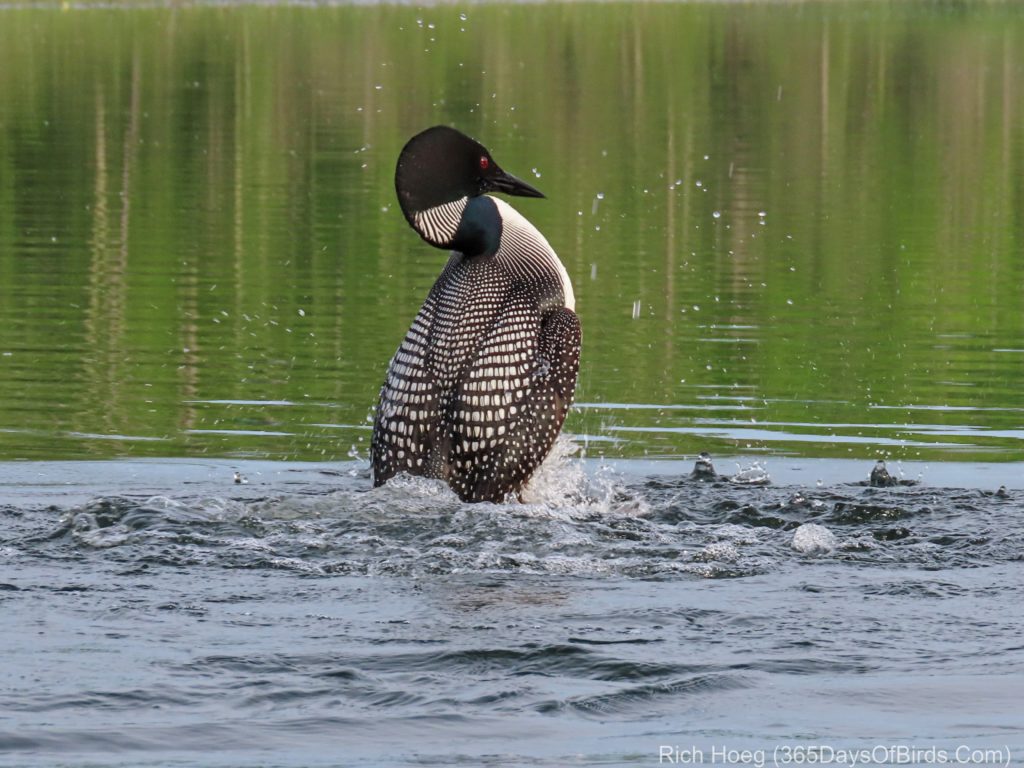I started the day at 2 am photographing the Milky Way over my Northwoods camera. It was a beautiful night and the starts were glorious.
As the sun rose I decided to take an early morning kayak paddle. However, my loons have totally ignored me all summer indicated my presence was most definitely not desired. I have to assume their chicks hatched last night, and I was now an intruder. As a fyi, I was kayaking through the middle of the lake and was over 200 yards from shore. Obviously I do not want to upset the new parents, thus for the time being my kayak paddles will take a different direction from my cabin.
Last night … the loons were totally unconcerned about my presence
Discover more from 365 Days of Birds
Subscribe to get the latest posts sent to your email.




I so love the starry night photo with the cabin lights!
On my bucket list is to see a starry starry night. Stars splashed across the dark night sky. Where can I do that? I’d rather be at a cabin and just step out the door. Can you recommend anyplace? Thank you.
The center of the Milky Way is always in the southern sky. In the spring, the Milky Way’s orientation is to the SE, while by early fall the orientation is to the SW. Thus, any resort you would stay at in North America needs to be remote (no towns nearby and particularily within 40 miles to the south of any resort), have dark skies, and face south. On Northstar Lake, which is the lake upon which I have my cabin, Big Timber resort would fit these constraints.
Along the North Shore of Lake Superior, Nanaboujou Lodge a bit up the shore from Grand Marais would also fulfill the requirements. I am certain there are other resorts, but these two would work. Please note Nanaboujou is a unique and cool lodge, but does not have cabins.
In addition, it was not happenstance I was out on my dock at 2 am. I was using an app for my Android smartphone named Planit Pro for Photographers. The app allowed me given advance research to know exactly the core of the Milky Way would rise, and its position in the sky. Thus, I knew the Milky Way would align with my cabin at 2 am, not 1 am and not 3 am.
One more comment … the core of the Milky Way drops below the horizon from October to April every 12 month period.